I find existing explanations of memristors are either overly vague, or an unapproachable mass of academic, mathematical analysis. I want to gain an intuitive understanding of what a memristor is, what it does, and what its applications might be in terms accessible to the ordinary engineer.
If an inductor can be emulated with a capacitor and active components, then I bet it's also possible a sufficiently clever circuit could emulate a memristor, at least within a limited region of operation. Though this circuit may not have the same properties that make memristors potentially useful, it could still be a useful demonstration and platform for experimentation.
Is there something I can build on a breadboard that looks, within some reasonable operating operating parameters, like a memristor? If not, what about something that can be simulated with ideal components? Bonus points for summarizing the theory of operation, and succinctly and intuitively describing what a memristor is without resorting to abstract mathematics or models far removed from even idealized real components.

